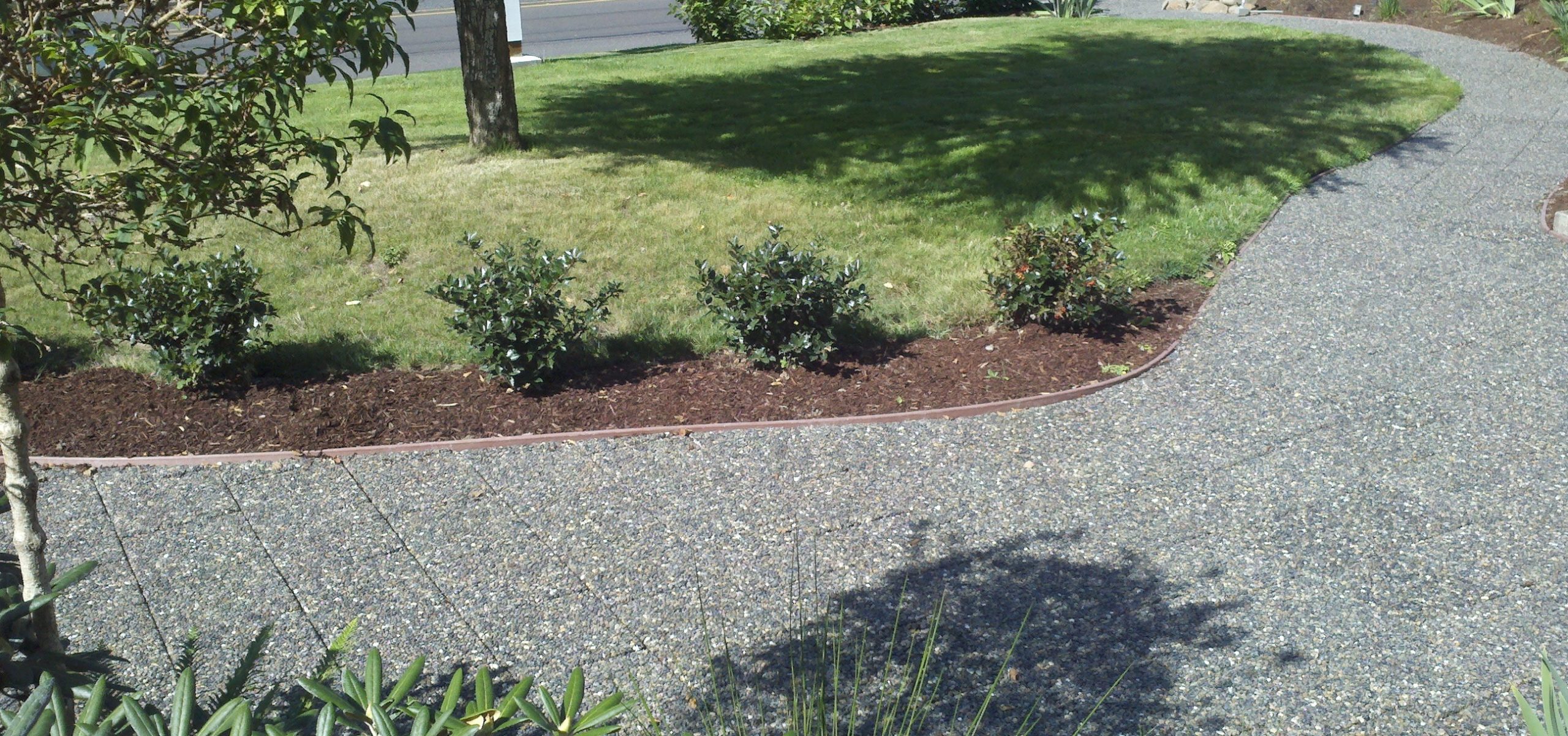Many private individuals and companies have seen the benefits of using solar energy as it provides a good return in the form of reduced energy costs for the electricity that the properties use.
But how does solar energy really work and what are the known advantages and disadvantages? In this article, you can learn more about how it works.
How does solar energy work?
Solar energy comes from the sun’s radiation and is completely free to receive and use to produce electricity or heat. The sun’s rays illuminate the earth’s surface at about 1 kW per hour and square meter. With the help of solar cells or solar collectors, you can capture this renewable energy source and use it on your property.
A solar panel of one square meter is capable of capturing about 15-20 percent of the sun’s radiation, which means that each square meter of solar cells can produce between 150-200 watts per hour.
Unfortunately, you can only capture solar energy during the hours of the day when the sun is shining. This means that when the sun has set, no electricity or heat is produced until the sun rises again the next morning.
Solar batteries are used to store energy. Using top-quality batteries is an advantage. Lithium batteries for solar perform better than others. Evaluate how much power you need to store and choose the battery wisely. You can go with a lithium battery or other based on your requirement.
How is solar energy extracted?
The two most common ways to extract solar energy are with the help of either solar cells or solar panels. Below you can read more about how they work and what the difference between the two options is.
Solar cells
Solar cells are usually placed on the roof of your property and convert the sun’s energy into electricity that can be used by your property in real time.
The electricity that the solar cells produce is used directly from your property and if you do not invest in a solar cell battery, the surplus electricity is passed on to the electricity grid, which you as a micro-producer also get paid for. This is called selling their surplus electricity.
Solar panels
Solar panels are also usually placed on the property’s roof, but instead of producing electricity, heat is created from the sun’s rays. This solar heat is used to heat the property or as hot water in the tap or pool.
With the help of solar panels, you as a property owner can thus reduce your costs associated with heating, but not benefit from self-produced electricity.
Benefits of solar energy
The benefits of solar energy are many and are therefore a very good alternative for producing electricity, compared to fossil fuels.
Solar power is natural & free energy. If we can make the most out of the daylight that would be great for nature. Using solar panels, Solar power banks & other solar energy products can make the globe much greener.
Below you will find some benefits of utilizing and using solar energy.
Infinite with solar energy
The sun is expected to shine for at least several billion years ahead, which means that we can receive endless solar energy for a long time to come.
In addition, solar energy is completely free to use and, like fossil fuels, does not require mining, drilling for oil or gas, which also requires large investments. Fossil fuels, unlike solar energy, will run out one day.
Environmentally friendly
Using solar energy when producing electricity is environmentally friendly. There are no emissions of hazardous substances in connection with solar panels converting the sun’s rays into sun .
Calculations show that the emissions that occur in connection with the manufacture of solar panels even out after using solar cells for about 4 years. After that, solar cells are as clean and environmentally friendly as hydropower or wind power.
Creates opportunities for everyone
Solar energy gives everyone, both private individuals and companies, the opportunity to produce their own electricity in an environmentally friendly way. By investing in a photovoltaic system for their home or other property, we can all contribute to a greener environment.
In addition, every investment in solar cells is profitable, which means that solar cells are a very good investment for those who want to get a good return over time.
Solar cells provide worry-free self-produced electricity
By performing a solar cell installation on your property, you will be able to produce a large part of the property’s need for the electricity itself. The electricity that you do not use yourself is sold on the electricity market, which means that you contribute to more people using green electricity.
Buying and installing solar cells today is a fairly simple process that is also relatively quick. After you have selected a supplier of your solar cells, the installation goes quickly, usually within a few weeks, and then you can directly produce your own electricity after the electricity company has replaced the electricity meter.
No work, maintenance or administration is required to produce your own electricity with solar cells. The whole system takes care of itself. The solar panels are maintenance-free and the only thing you need to do is sweep away leaves or snow to get the maximum effect from the solar energy that illuminates the solar cells.
Disadvantages of solar energy
The disadvantages of solar energy are few, which makes solar energy a very good alternative to producing electricity, unlike fossil fuels.
However, here are some disadvantages of solar energy:
Emissions linked to the manufacture of solar panels
In connection with capturing the sun’s radiation, it is required that you use solar panels which then convert the sun’s rays into electricity.
Producing electricity using solar energy is environmentally friendly and emits no dangerous emissions. However, some emissions occur in connection with the production of solar cells as the countries that mass-produce solar cells use fossil fuels such as coal and oil to produce the energy required to manufacture solar panels. Solar panels also contain some heavy metals such as silver, tin and lead.
Works only when the sun is shining
Production of green electricity through solar cells can only take place during the hours of the day when the sun is shining. In the evenings and nights when the sun is down, no electricity is produced. It is possible to store electricity that is produced with solar cells in a solar battery, but it is still expensive when you produce electricity on a smaller scale.








Leave a Reply
You must be logged in to post a comment.